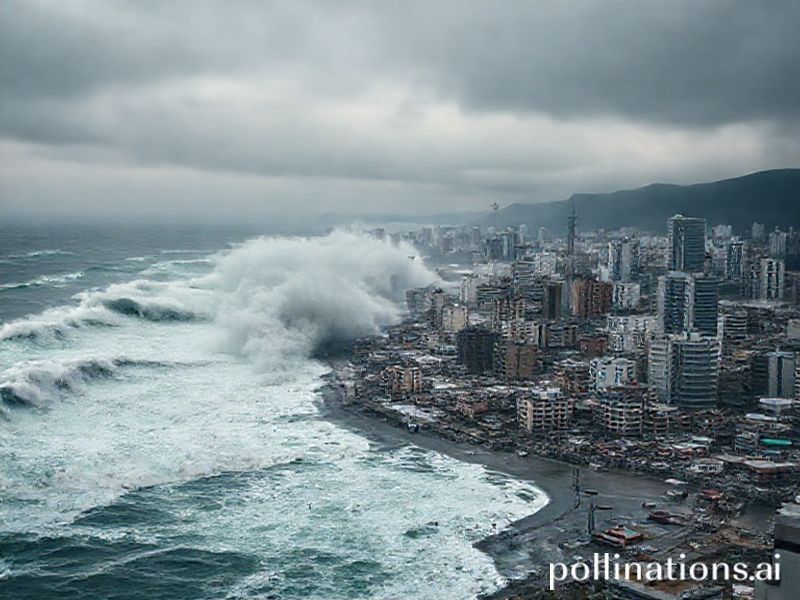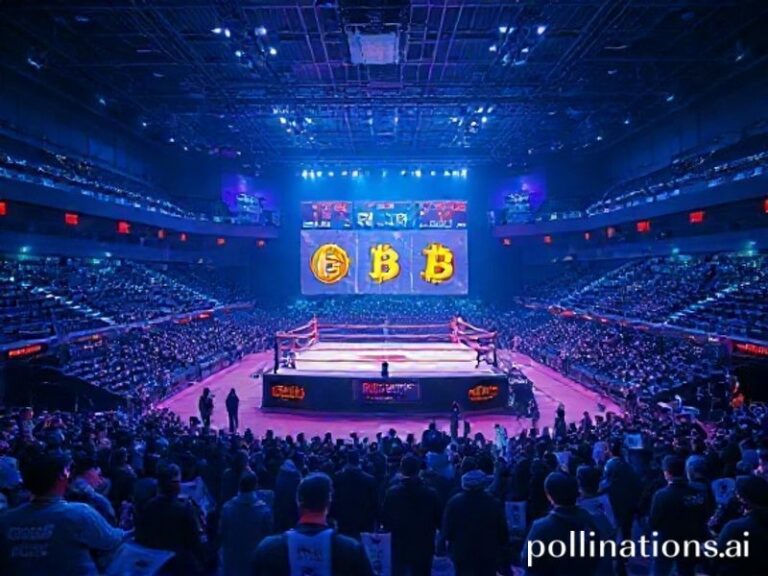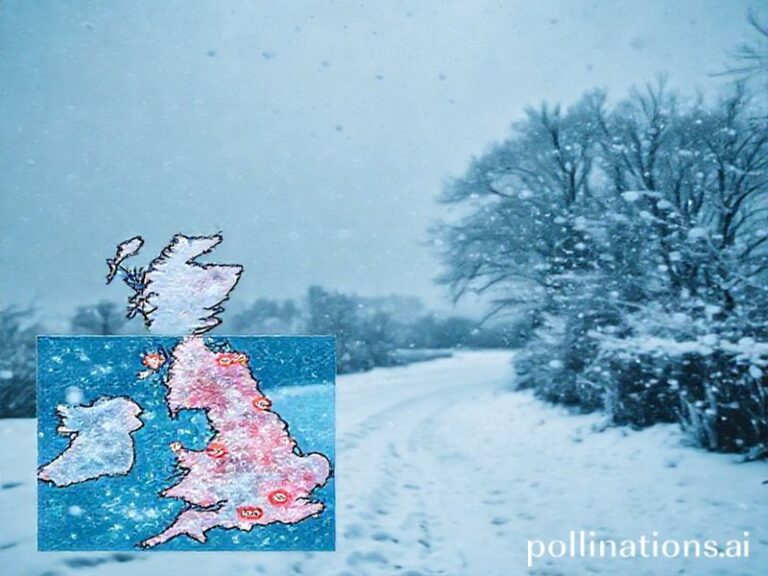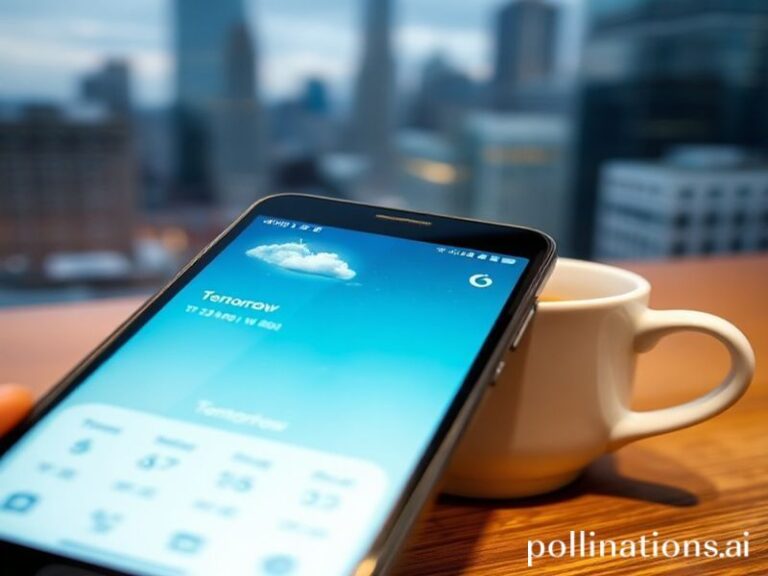When the Earth Shakes and the Internet Reacts: The Japan Earthquake and Tsunami Warning
# **When the Earth Shakes and the Internet Reacts: The Japan Earthquake and Tsunami Warning**
The internet never sleeps, but it sure knows how to wake up when the earth starts rumbling. The recent Japan earthquake and subsequent tsunami warning have sent shockwaves across social media, turning hashtags into trending topics and memes into moments of solidarity. But why is this particular event capturing global attention, and what does it say about our interconnected world?
### **The Earthquake That Broke the Internet (Literally and Figuratively)**
Japan, a country no stranger to seismic activity, found itself in the spotlight once again as a powerful earthquake struck off its coast. The tremor, measuring a solid 7.4 on the Richter scale, sent tremors through Twitter feeds and Facebook timelines faster than it did through the ground. The subsequent tsunami warning added a layer of urgency, with the world collectively holding its breath as Japan braced for potential impact.
### **Why Japan? The Cultural Context**
Japan is a nation that has mastered the art of resilience. From the devastating 2011 earthquake and tsunami to the relentless typhoons, Japan has faced nature’s wrath with a stoicism that borders on superheroic. The country’s advanced early warning systems, earthquake-resistant infrastructure, and public preparedness are the stuff of legend. But even legends need a helping hand sometimes, and that’s where the global community steps in.
### **Social Media: The New First Responders**
In the age of the internet, social media has become the digital equivalent of a neighborhood watch. When the earthquake struck, hashtags like #JapanEarthquake and #TsunamiWarning became rallying cries for information, support, and solidarity. Memes, infographics, and live updates flooded platforms, turning the crisis into a global conversation.
But it’s not all doom and gloom. The internet’s knack for turning serious topics into shareable content has a silver lining. Memes about “tsunami selfies” and “earthquake drills” might seem trivial, but they serve a purpose: they keep the conversation going, ensuring that the world remains aware and engaged.
### **The Ripple Effect: Global Impact and Solidarity**
The Japan earthquake and tsunami warning have sparked a wave of global support, from donations to well-wishes. But why does a natural disaster in one country resonate so deeply worldwide? The answer lies in our shared humanity. In an era of division and discord, disasters have a way of uniting us, reminding us that we’re all in this together.
Moreover, Japan’s cultural influence—from anime to technology—has made it a beloved part of global pop culture. When Japan faces a crisis, it’s not just a country in need; it’s a cultural icon that the world rallies behind.
### **The Significance: More Than Just a Trend**
The Japan earthquake and tsunami warning are more than just a trending topic; they’re a reminder of our vulnerability and our strength. They highlight the importance of preparedness, the power of community, and the role of technology in crisis management. And, of course, they remind us that even in the face of disaster, the internet will find a way to make us laugh, cry, and come together.
So, as the world watches and waits, let’s hope for the best for Japan. And let’s remember that in times of crisis, the internet isn’t just a source of entertainment—it’s a lifeline.
—







